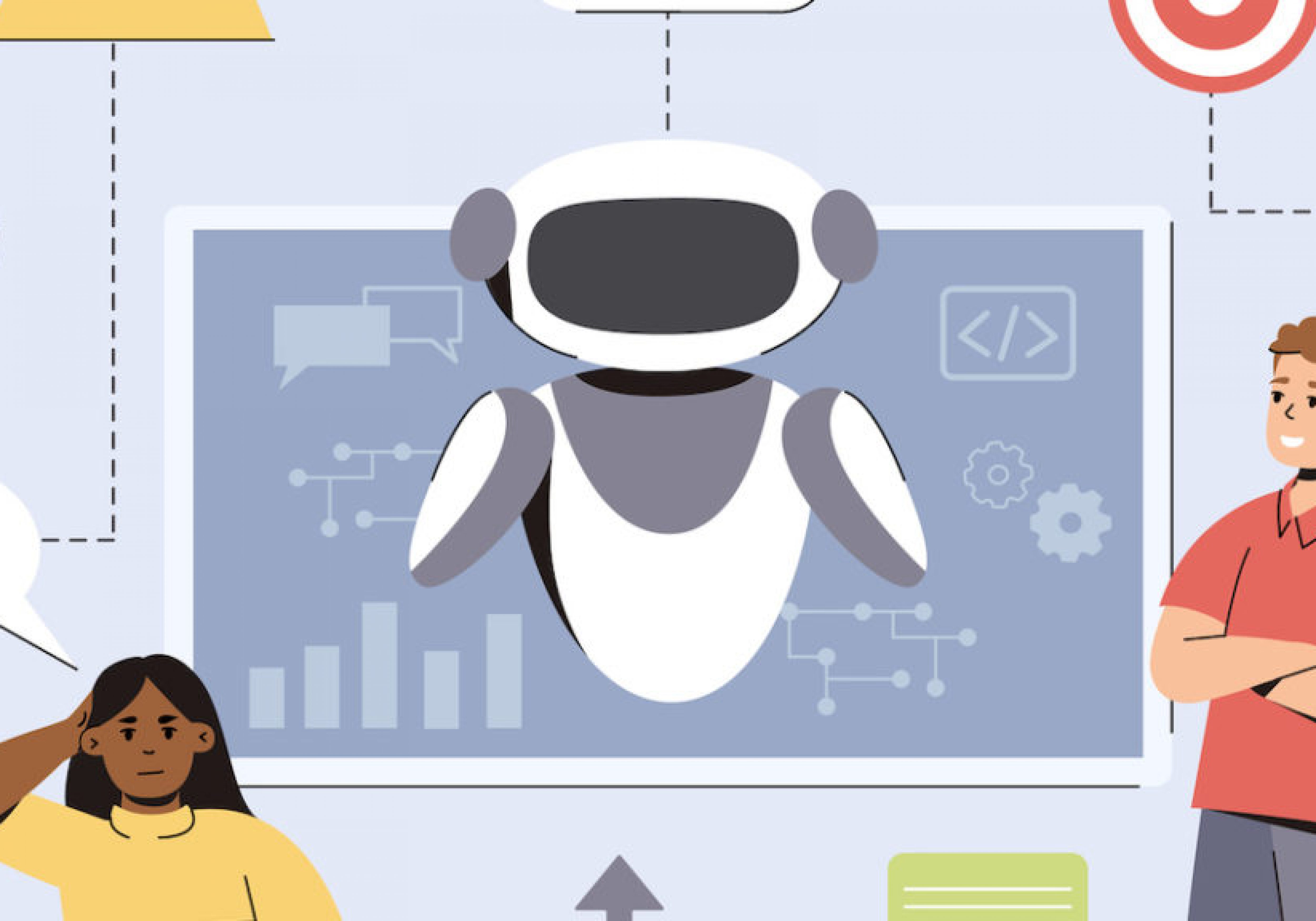
Using data to succeed: tools for machine learning
Insights into key terms and processes involved when working with data science teams are revealed using an accessible narrative in this excerpt from Winning with Data Science


Renowned physicist Stephen Hawking once said “the development of full artificial intelligence (AI) could spell the end of the human race.” Without wanting to question one of the world’s greatest minds, I would argue this prediction outlines the ultimate ‘worst-case scenario’; a scenario where we lose human control over AI. However, in reality, we are far from experiencing that scenario today.
Hawking later followed this prediction with the notion that, if we use AI effectively, we should have faith that human intelligence will override the chances of AI-generated destruction. Indeed, human wisdom and innovation are critical to ensure we benefit from AI’s full potential as it continues to integrate into our everyday lives.
Before ChatGPT and Bard, an Infosys report revealed that 45 per cent of organisations globally believed their AI deployments were already significantly outpacing the productivity and accuracy of comparable human activity. AI adoption has accelerated at a rapid pace, leaving human power in urgent need of catching up to ensure AI is integrated efficiently, in a process-driven and cost-effective way.
In spite of this, it’s clear that AI has the potential to revolutionise the way we work – it can quicken mundane processes, analyse masses of data with ease and highlight potential issues before the human brain can detect them. As we’ve already seen, AI can – and is already – having a significant influence on business’ working environments, pushing leadership in a new direction. As a result, management teams are key to shaping the use of AI adoption in the workplace. They are the ones who must create strategic processes for AI’s adoption by developing strong visions and objectives to mould how the technology will enhance the workplace, alongside humans.
Changing leadership skills
When looking at AI adoption for leadership, research not only demonstrates the importance of stakeholder participation and transparency, but it also highlights how AI will ultimately lead to a shift in the requirements of leaders’ roles. With AI likely to replace some of the more ‘technical’ elements of leadership, such as data and information processing, greater emphasis will be placed on interpersonal skills and social competencies. This includes the personality traits, values, attitudes and behaviours that enable individuals to help others achieve a goal or shared purpose.
Despite concerns that certain roles will become obsolete due to AI, many future roles will be created by, and centred around, the fifth industrial revolution and workplace digitisation. In Arden University’s The 2030 Workforce report, we found that 30 per cent of jobs are set to be eradicated as a result of automation and that this will result in business leaders needing a clear set of foundational skills. These revolve around digital, cognitive and interpersonal attributes, as well as self-leadership, including self-management, self-awareness and entrepreneurial ability. With AI, technological developments and automation all assisting the labour market, employee talent needs to complement digital advancements.
Ensuring AI remains human-centred
We’re already seeing the benefits technology can bring to the workplace. Being able to work remotely has revolutionised the way we work – and there is rightly more focus on the importance of maintaining a healthy work-life balance. It has opened up new work opportunities for those with disabilities and has enabled parents to progress in their careers more easily.
To complement this, AI’s implementation and use needs to remain human-centred and that requires a supportive and collaborative workplace culture – something which leadership and management are responsible for creating. To develop this culture, a holistic mindset is crucial.
Technology, among many other things, will enable businesses to welcome more diversity to its teams. It will allow leaders to engage with people from a broader range of sectors and specialisms to continually inform their developing worldviews and broaden their horizons. This will adjust leaders’ perspectives, enabling them to build strong, long-lasting relationships with key stakeholders and reinforce their understanding of people across different cultures and backgrounds, supporting advocacy of diversity and flexibility.
As a result, the next generation of leaders and managers need to have a deeper understanding of people. They need to know how to successfully empower and get the most from their teams. They also need to have deep emotional and social intelligence, so that they can understand and predict the impact of their decisions on the people around them.

Alison Watson is Head of the School of Leadership and Management at Arden University in the UK. She has been part of the academic team at Arden for 17 years, supporting students on management courses at all levels, giving her a depth and breadth of experience

Insights into key terms and processes involved when working with data science teams are revealed using an accessible narrative in this excerpt from Winning with Data Science

How can VR and AR transform business education? Woxsen University’s Hemachandran K and Raul Villamarin Rodriguez outline five benefits and detail challenges that must be overcome to realise the technologies’ potential

Cuoa Business School programme is the product of an alliance initiative launched in 2019 that currently fosters collaboration between Cuoa and 17 different institutions across Italy. Ellen Buchan reports
For questions about editorial opportunities, please contact:

